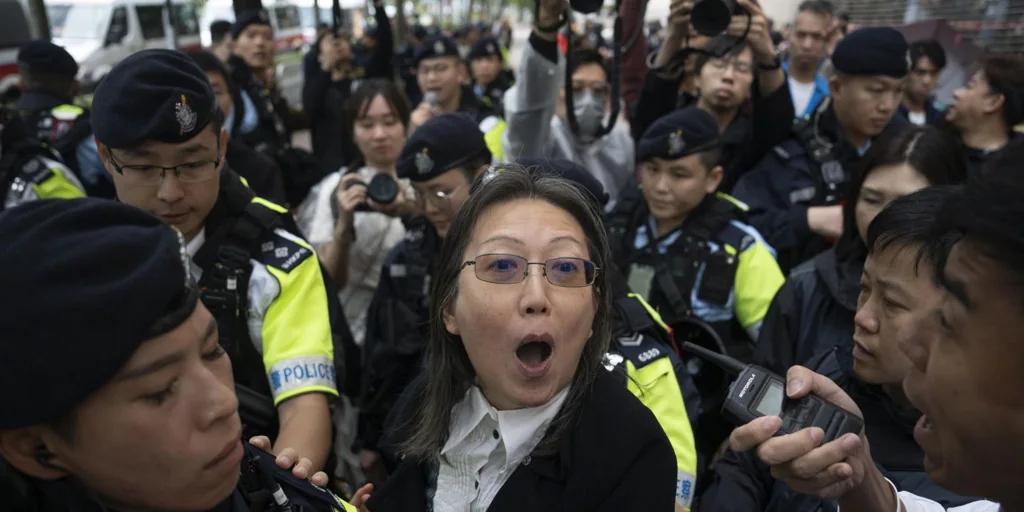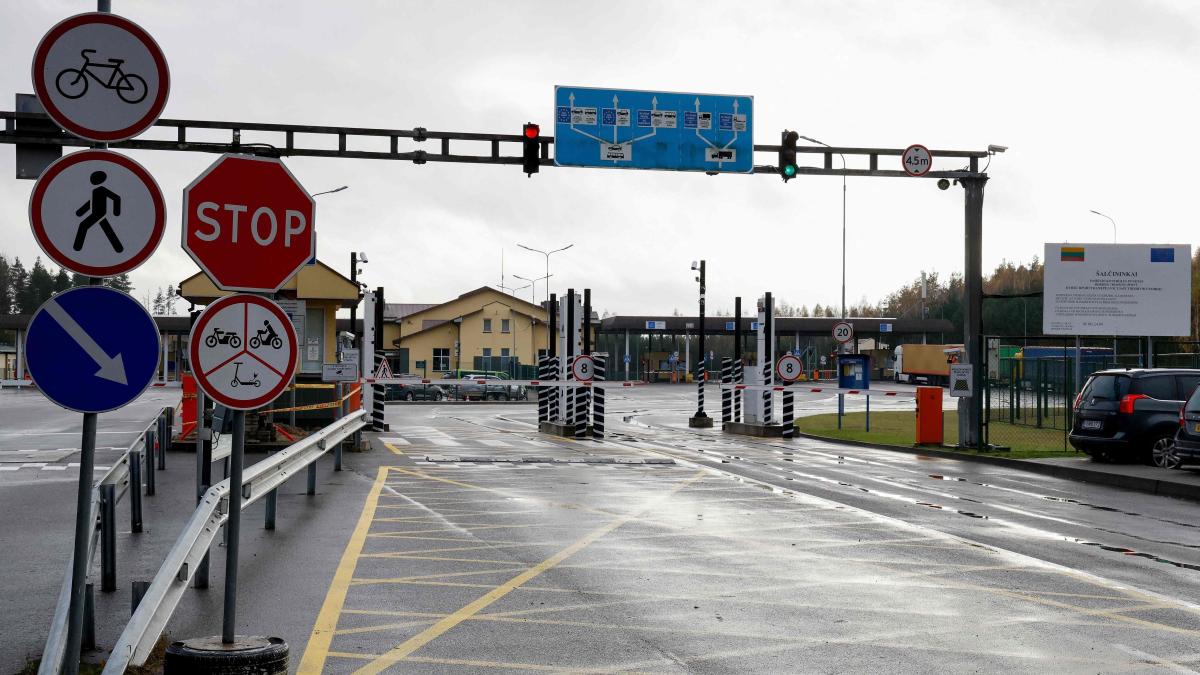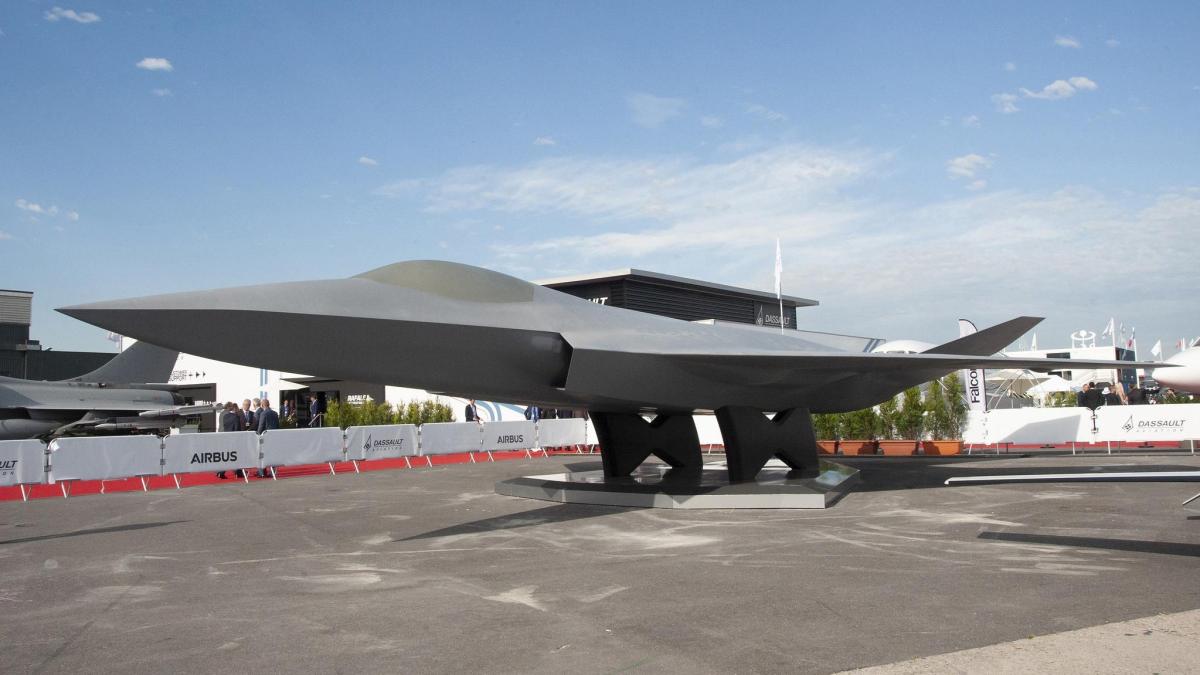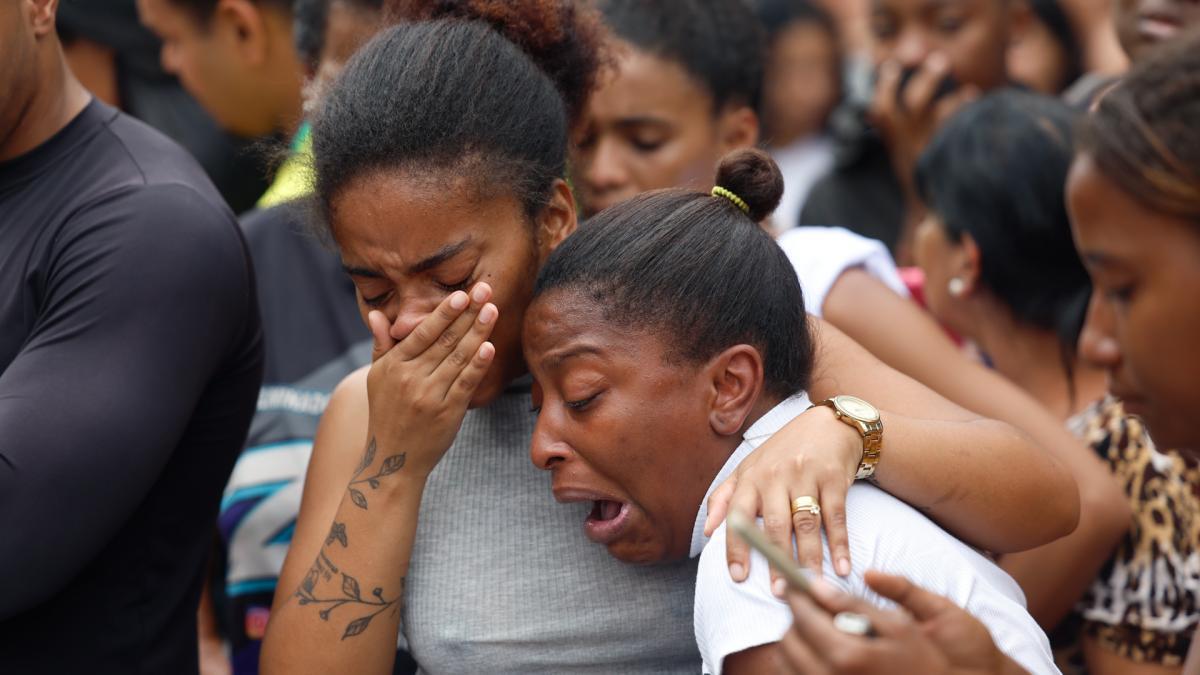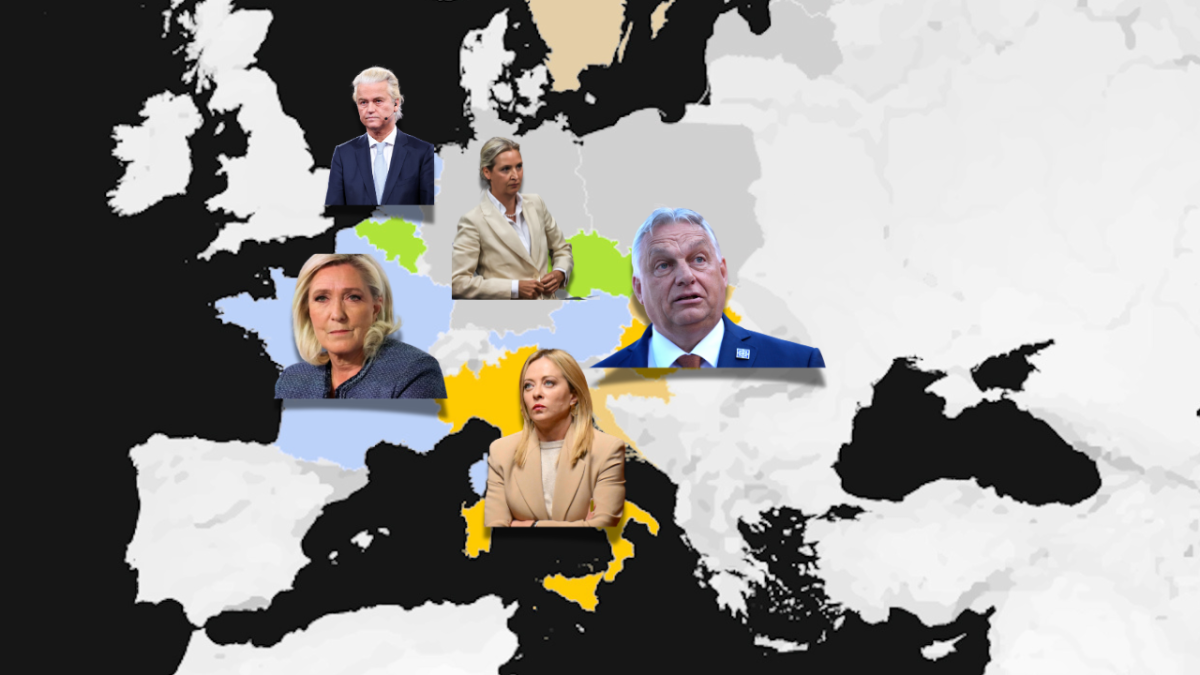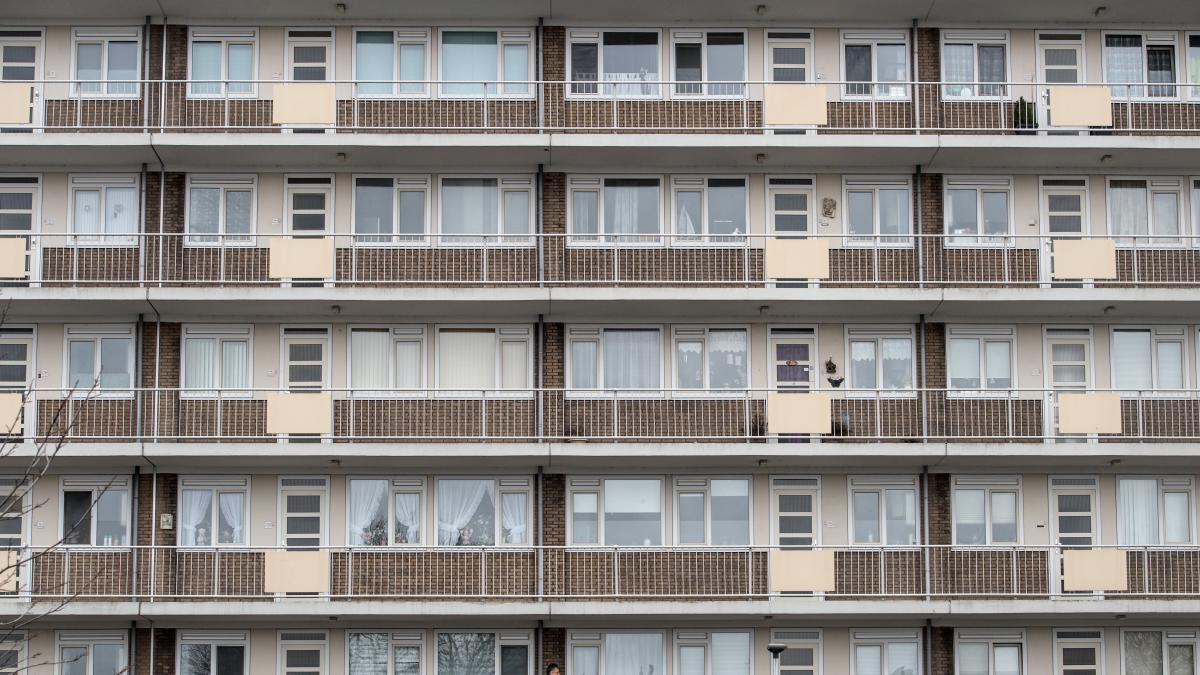The sentence revealed early this Tuesday thus condemns the plural and free past of a territory subjugated today by Chinese authoritarianism
Everything that is not forgotten will be prison. Hong Kong today imprisoned 45 politicians and activists, the main figures of its defunct pro-democracy opposition. The sentence revealed early this Tuesday thus condemns the plural and free past of a territory, now fully submerged under the weight of Chinese authoritarianism. This unprecedented act of repression pulls the veil back from the intricacy of political life in Hong Kong, shedding light on the extent to which the pro-democracy movement has been systematically dismantled.
The sentences imposed on these activists are seen not merely as punitive measures against specific individuals, but as a broader tactic employed by the Chinese Communist Party (CCP) to eradicate dissent. The fates of these dissidents evoke memories of a vibrant democracy, a stark contrast to the reality faced by ordinary citizens today, who remain engulfed in an atmosphere of fear and apprehension.
Speculations regarding the future of democratic movements in regions under authoritarian rule are looming large as the Hong Kong saga unfolds. These recent events echo the global struggle for freedoms, where political repression continues to choke the voices of the marginalized.
The sentiments of despair and resistance are palpably articulated by activists who remain undeterred, continuing to risk their lives and well-being for the sake of a vision they believe in. The actions of the Hong Kong government can be tied to a larger narrative within the global framework, where authoritarian states work meticulously to suppress opposition.
In the aftermath of the sentences, many questions arise: What does this mean for the future of civil society in Hong Kong? How will the international community respond? Each of these inquiries emphasizes the urgent need for a renewed discussion on political freedom and human rights.
Global attention is crucial in this chapter; activists are looking toward foreign powers to intervene, to impose sanctions, or even to take a stance against the unlawful imprisonment of political dissidents. High-ranking officials in several democracies are being urged by human rights organizations to lend their voices against the tyranny encapsulating Hong Kong.
Data from numerous surveys indicate that public opinion on the government and law enforcement agencies in Hong Kong has plummeted, revealing a citizenry disillusioned by the promises of autonomy that were once painted by the Chinese government. The cries for justice from the populace remain deafening.
In the fabric of society, the undercurrents of rebellion continue to flow as the media, notwithstanding risks, manages to voice discontent against the ineffectiveness of the government in dealing with public concerns. While many remain imprisoned, their ideals resonate among citizens, inspiring a new wave of activists who refuse to allow history’s lessons to be relegated to the past.
As this phase of political transformation unfolds in Hong Kong, a wave of apprehension sweeps across the globe. Theocratic regimes, despotic rulers, and autocracies are grasping the delicate balance between power and influence, whilst commemorating the past as they suppress the present.
The recently imposed years in jail for the 45 pro-democracy advocates signify more than individual convictions; they represent a watershed moment in the long-standing struggle for freedom and self-determination.
For those who continue to fight in the face of adversity, the path may be treacherous, but every act of defiance is a spark igniting the possibility of change.
Whether it comes in the form of international support, a groundswell of local activism, or electoral victories, no matter how small, the heartbeat of resistance pulses on within the hearts of the citizens of Hong Kong, as they rally, resist, and rise against oppression.
As long as memories endure, the story of Hong Kong’s pro-democracy struggle will not be forgotten—nor will it be easily extinguished.

